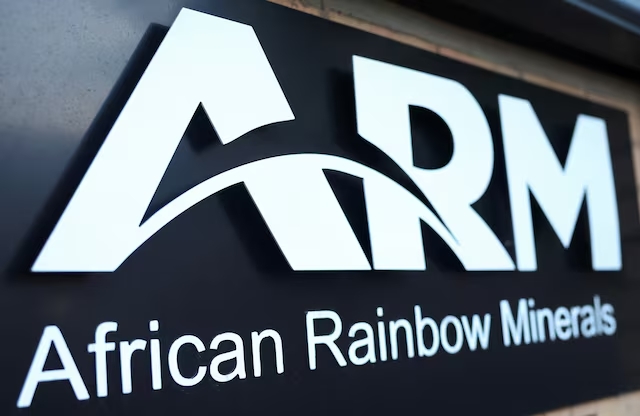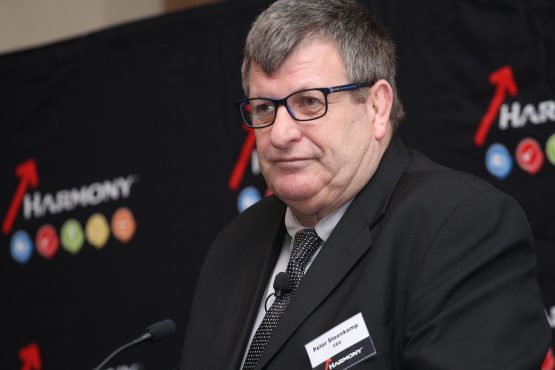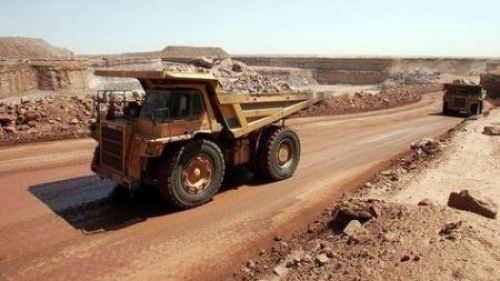Mining

Assimi Goïta and Mark Bristow face off over mining code agreement

The Malian junta accuses Barrick Gold of failing to honour its commitments and threatens “serious risks” to the miner. The operator of the country’s largest gold mine denies the accusations.
Tensions are running high as the Malian government renegotiates mining agreements with foreign companies operating in the country. At the centre of the standoff with authorities is Barrick Gold.
All mining companies in Mali are required to take part in these talks, as the government seeks to enforce a new mining code introduced last year by interim president Assimi Goïta, who has since promoted himself to the status of five-star general. This law allows the state to acquire up to 30% of a project and removes certain tax and customs exemptions.
‘Serious risks to the continuation of the group’s operations in Mali’
Barrick, the operator of the Loulo-Gounkoto gold mine – Mali’s largest – said on 30 September that it had reached a “comprehensive resolution” with the authorities to settle existing claims and disputes. But on 23 October, Mali’s ministers of mines, Amadou Keïta, and finance, Alousséni Sanou, released a statement accusing Barrick of failing to honour the commitments it made in the agreement.
The ministers highlighted several infractions, particularly regarding “social and environmental responsibilities and foreign exchange regulations”. They also warned that “serious risks […] threaten the continuation of the group’s operations in Mali”, noting that one of Barrick’s permits is set to expire in early 2026. The statement concluded that the government was ready to “enforce all legal consequences”.
Disputes settled amicably
The next day, Barrick, led by CEO Mark Bristow, responded with its own statement. The world’s second-largest gold producer rejected the accusations, insisting that it had met its obligations. Barrick added that in early October it made a payment of 50 billion CFA francs ($82.5m) to the government as part of the ongoing negotiations.
While acknowledging the current deadlock, Barrick expressed its commitment to act “in good faith as a long-term partner of Mali” and to resolve the remaining disputes. The company noted that for the past 30 years occasional disagreements have “always been resolved amicably”.
Barrick’s statement also mentioned that it was considering an increase in the state’s share of the economic benefits generated by the Loulo-Gounkoto mining complex. Despite this concession, many interpret the ministers’ words as a veiled threat to withdraw Barrick’s mining permits.
Some believe that Bamako might go that far. Others, however, think the statement is just a pressure tactic to force Barrick to sign the new terms. Mark Bristow is no stranger to tough negotiations with governments.
A billion dollars in one year
If Loulo-Gounkoto adopts the 2023 legislation, it could significantly boost state revenues. Mali is grappling with both a terrorist threat and a severe energy crisis. The mining complex is expected to produce between 637,500 and 700,000 ounces of gold this year, close to last year’s output. Barrick, in a statement in July, highlighted its contribution of $1 billion to Mali over the past 12 months.
But the new mining code is designed to further increase the sector’s contribution to the economy. The law, passed last year, ties certain royalties to the price of gold, which is currently high.
In any case, whether they reach a peaceful agreement or decide to part ways, the countdown has begun for Barrick and the Malian junta.












